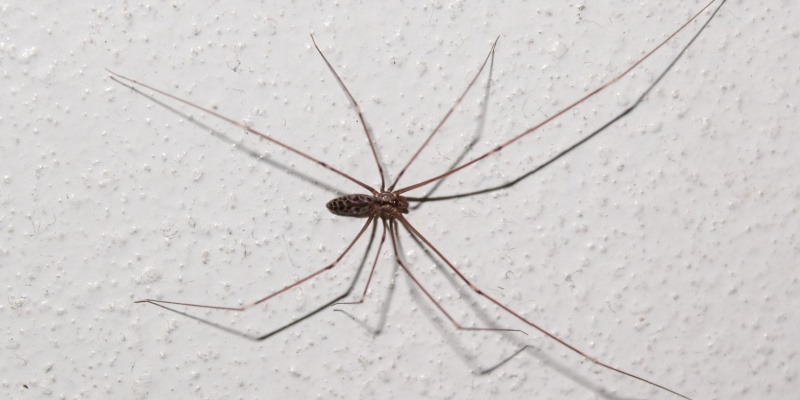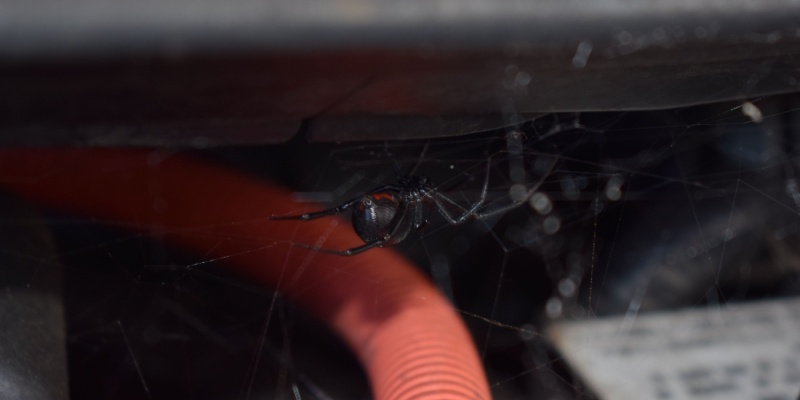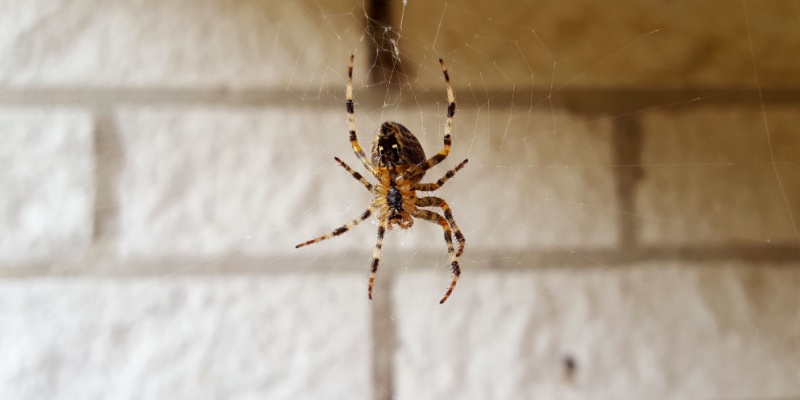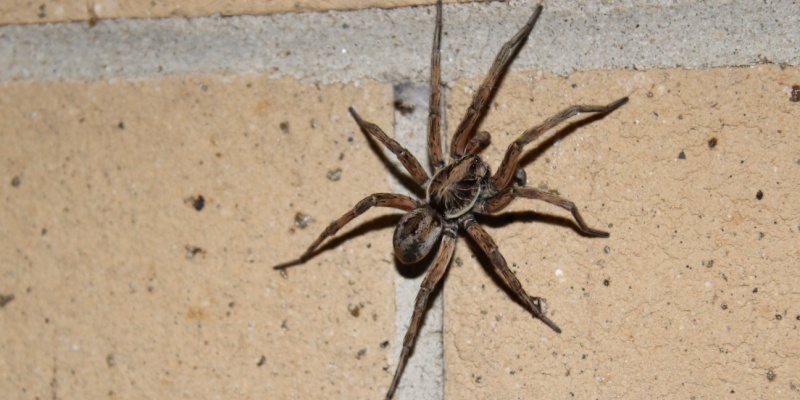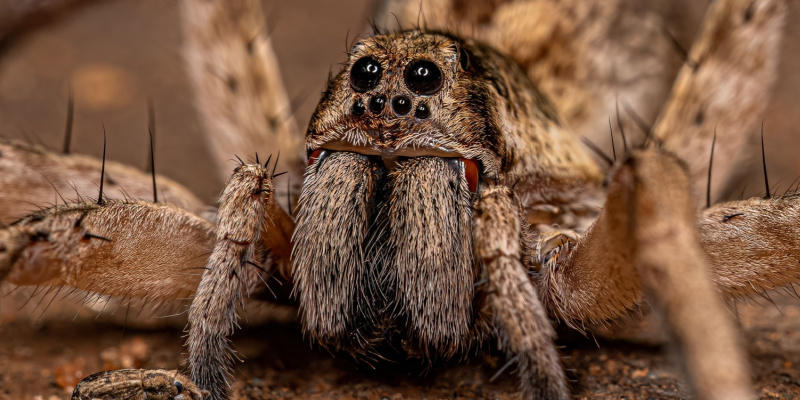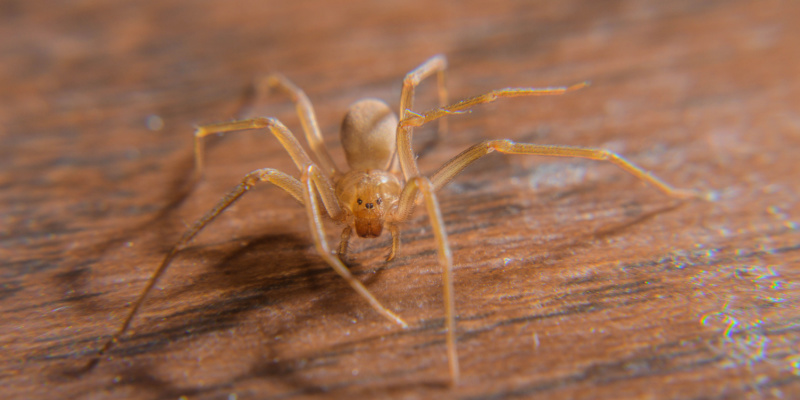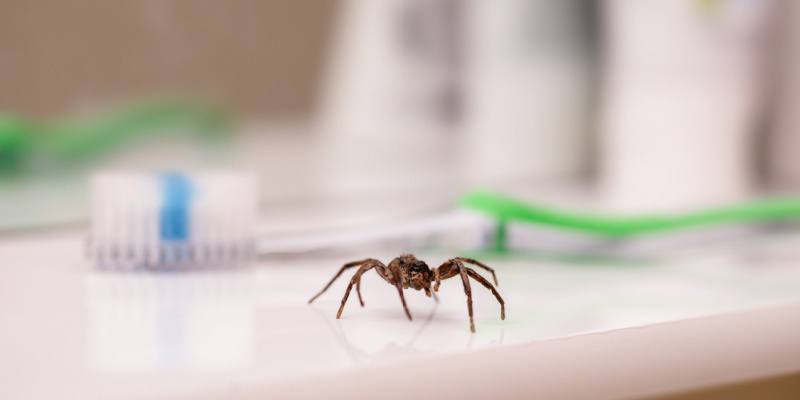For many Cincinnati residents, encountering spiders inside their homes is a relatively common experience. Understanding why spiders may be frequenting your home and how to effectively manage them can help keep your living space comfortable and pest-free.
Why Are Spiders Attracted to Homes in Cincinnati?
Cincinnati’s climate, with its warm summers and mild winters, provides an ideal breeding ground for many insects, including spiders. Spiders typically enter homes searching for food, which in their case means other insects. Thus, a home with plenty of other insects will attract spiders. The diversity of spiders in Cincinnati, from harmless common house spiders to more alarming species like the brown recluse, means homeowners need to be vigilant.
Factors Contributing to Spider Infestations
Several factors can increase the likelihood of experiencing a spider problem in your home:
- Availability of Entry Points: Cracks, crevices, poorly sealed windows and doors, and other openings are perfect gateways for spiders searching for a warm and food-rich environment.
- Excess Moisture: Areas with high humidity and moisture, such as basements and crawl spaces, are attractive to spiders. Proper ventilation and dehumidifiers can help reduce this allure.
- Clutter: Boxes, piles of clothing, unused furniture, and other clutter provide perfect hiding spots for spiders. Keeping your home clean and clutter-free reduces these hiding spots.
How to Determine If You Have a Spider Problem
Recognizing a spider problem early can make it easier to resolve:
- Frequent Sightings: Regularly seeing spiders in your home is a clear indicator of an infestation.
- Finding Webs: Discovering spider webs in the corners of rooms, in ceilings, or in less-disturbed areas can signal an issue.
- Egg Sacs: Finding spider egg sacs, which can contain hundreds of spider eggs, is a sure sign of a potential infestation.
Managing Spider Problems in Your Home
To control a spider problem effectively, consider the following strategies:
- Regular Cleaning: Maintain a regular cleaning schedule, focusing on vacuuming in corners and under furniture where spiders might gather.
- Reduce Outdoor Lighting: Outdoor lights attract insects, which in turn attract spiders. Use motion sensors or timer systems to minimize this effect.
- Natural Repellents: Using natural repellents such as peppermint oil can help deter spiders. Applying these around windows and doors can keep spiders away.
- Seal Entry Points: Inspect and seal any cracks or openings around your home’s exterior to prevent spiders from entering.
When to Contact a Professional
If you find venomous spiders or experience a persistent spider problem, it may be time to contact a professional pest control service. Experts can provide more specialized interventions and ongoing prevention plans tailored to your specific needs and the challenges presented by Cincinnati’s local spider species.
Yes, spiders are a common issue for homeowners in Cincinnati, but with the right knowledge and strategies, managing and preventing spider infestations can be straightforward. By understanding what attracts spiders to your home and how to mitigate these factors, you can maintain a safer, more comfortable living environment. If you are looking for help protecting your Cincinnati home from spiders, reach out to the local team at Perfection Pest Control.
